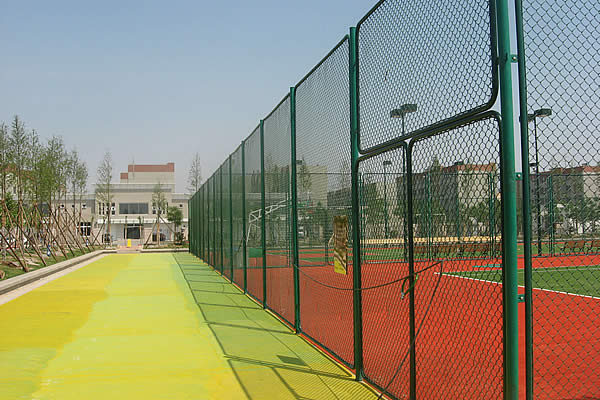 TEL:
+86-13102802206
TEL:
+86-13102802206
 Email:
fencenetting@china.com
Email:
fencenetting@china.com
 Language
Language
 TEL:
+86-13102802206
TEL:
+86-13102802206
 Email:
fencenetting@china.com
Email:
fencenetting@china.com
 Language
Language


The Versatility and Benefits of Gabion Box Walls
Gabion box walls are an innovative solution for both functional and aesthetic purposes in landscaping and civil engineering. Originating from the Italian word “gabbione,” meaning “big cage,” these structures consist of wire mesh containers filled with stones or other materials. As an increasingly popular choice among builders and designers, gabion box walls offer a multitude of advantages, making them an ideal option for various applications.
One of the primary benefits of gabion box walls is their strength and durability. Constructed with heavy-duty galvanized steel or stainless steel wire mesh, these walls can withstand harsh environmental conditions, including extreme weather, erosion, and soil movement. The filled stones within the mesh provide additional stability, ensuring that the walls remain intact over time. This strength makes gabion walls particularly suitable for use in retaining walls, slope stabilization, and erosion control, where structural integrity is crucial.
In addition to their strength, gabion box walls are incredibly versatile and can serve multiple functions
. They can be used in numerous applications, such as garden borders, noise barriers, flood control, and decorative features in parks and public spaces. Their modular design allows for easy customization in shape, size, and material, making them adaptable to different environments and aesthetic preferences. Homeowners and landscape architects alike can leverage this versatility to create visually appealing landscapes while addressing practical concerns.Sustainability is another key advantage of gabion box walls. By using locally sourced stones and materials, the environmental impact associated with transportation and manufacturing is significantly reduced. Moreover, these walls can promote biodiversity; the gaps between stones provide habitats for various plant species and small animals. Over time, vegetation can grow over and within the walls, further enhancing their natural appearance and contributing to ecological balance.

Gabion box walls are also cost-effective. The materials needed for their construction are relatively inexpensive, and because they require minimal maintenance, they offer long-term savings in upkeep costs. Unlike traditional concrete walls, which may require regular repair or painting, gabion walls are less prone to damage from environmental wear and tear. Their durability translates to lower maintenance requirements, making them a practical choice for both residential and commercial projects.
Additionally, gabion box walls allow for efficient drainage, which is vital for areas susceptible to flooding. The porous nature of the filled stones enables water to flow through the walls, reducing hydrostatic pressure and ensuring that the structure does not weaken over time. This characteristic is particularly beneficial in managing stormwater runoff, enhancing both safety and sustainability in urban planning.
Finally, gabion box walls provide an opportunity for creative expression in landscape design. The aesthetic appeal of these walls is undeniable; they blend seamlessly with natural surroundings while providing a rugged yet sophisticated look. By choosing different types of stones or even incorporating decorative elements, designers can create unique focal points that add character to gardens, parks, and other outdoor spaces.
In conclusion, gabion box walls are an innovative, sustainable, and cost-effective solution for a wide range of construction and landscaping needs. Their strength and versatility, combined with environmental benefits and aesthetic appeal, make them a wise choice for anyone looking to enhance their outdoor spaces. Whether used for functional structures or decorative elements, gabion box walls have proven to be a valuable asset in modern design and engineering.